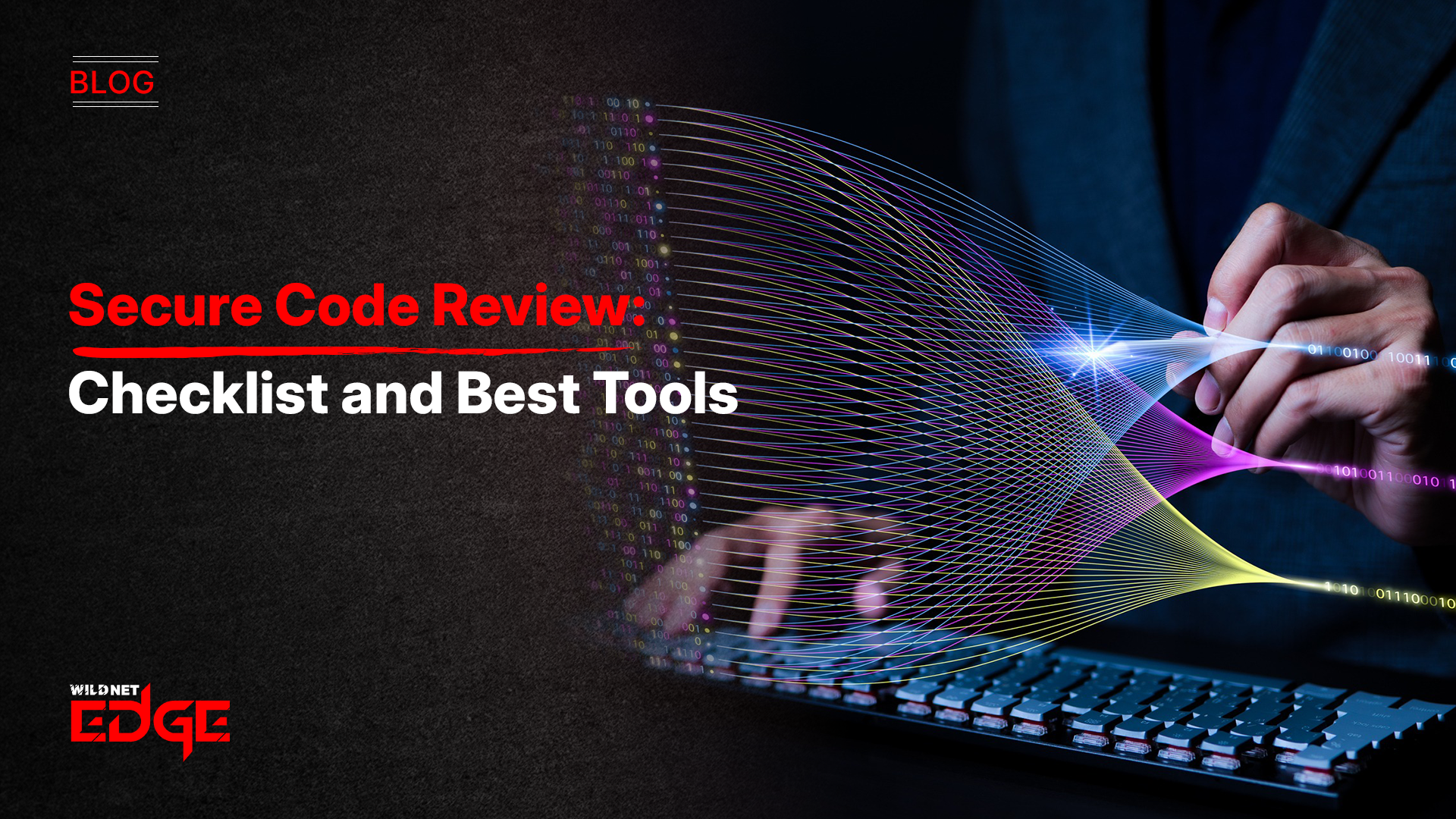Are you a logistics startup struggling to keep track of your vehicles and deliveries? You’re not alone. Many new businesses face overwhelming challenges in managing their fleets efficiently. The solution? Fleet management software. In this post, we’ll explore how this powerful tool can revolutionize your operations and drive success.
Benefits of a GPS Tracking System
Integrating a GPS tracking system into your fleet management software can provide numerous advantages that are critical for today’s logistics startups.
- Real-time location tracking: One of the standout features of a GPS tracking system is the ability to monitor your vehicles in real-time. This means you can see where each vehicle is at any moment, allowing you to respond swiftly to unforeseen circumstances, such as traffic delays or route changes. By knowing the precise location of your vehicles, you can make informed decisions that enhance operational efficiency.
- Improved route optimization: GPS data enables advanced route optimization, which is essential for minimizing fuel consumption and maximizing delivery speed. With the ability to analyze traffic patterns, road conditions, and distance, your fleet management software can suggest the most efficient routes for your drivers. This not only reduces costs but also improves delivery times, leading to higher customer satisfaction.
- Enhanced security and theft prevention: Security is a significant concern for logistics startups. A GPS tracking system provides an added layer of security by allowing you to monitor vehicle movements and receive instant alerts if a vehicle deviates from its expected route. In the unfortunate event of theft, you can quickly locate and recover your vehicle, minimizing losses and protecting your assets.
Incorporating a GPS tracking system into your fleet management software is not just a convenience; it’s a necessity for logistics startups looking to optimize their operations and enhance their service delivery.
Streamlining Delivery Management
Effective delivery management is crucial for logistics startups, and fleet management software plays a pivotal role in simplifying this process.
- Automated scheduling and dispatching: Manual scheduling can be time-consuming and prone to errors. Fleet management software automates the scheduling and dispatching process, ensuring that deliveries are assigned efficiently based on driver availability and location. This automation not only saves time but also reduces the likelihood of human error, leading to a smoother operation.
- Tracking delivery performance metrics: Monitoring delivery performance is essential to identify areas for improvement. Fleet management software provides valuable insights into delivery times, driver performance, and customer feedback. By analyzing these metrics, you can make data-driven decisions to enhance service quality and operational efficiency.
- Customer communication and updates: In today’s fast-paced environment, customers expect timely updates about their deliveries. Fleet management software allows you to automate customer notifications regarding delivery status, estimated arrival times, and any delays. This transparency not only improves customer satisfaction but also builds trust in your logistics services.
By streamlining delivery management through effective software solutions, logistics startups can not only enhance their operational efficiency but also improve customer relationships, ultimately driving business growth.
Key Features to Look for in Fleet Management Software
When selecting fleet management software, logistics startups should prioritize certain key features to ensure they meet their operational needs effectively.
- User-friendly interface: A user-friendly interface is essential for ensuring that your team can navigate the software effortlessly. Complex systems can lead to frustration and decreased productivity. Look for software that offers an intuitive design, making it easy for all team members to adopt and utilize it effectively.
- Integration capabilities with existing tools: Your fleet management software should seamlessly integrate with existing business tools. Whether it’s accounting software, inventory management systems, or customer relationship management (CRM) platforms, integration capabilities will enhance overall efficiency by allowing data to flow freely between systems.
- Comprehensive reporting and analytics: Robust reporting and analytics features are crucial for understanding your fleet’s performance. The software should provide customizable reports that offer insights into key metrics, such as fuel consumption, maintenance schedules, and driver behavior. This data-driven approach enables logistics startups to make informed decisions that drive operational improvements.
By focusing on these essential features, logistics startups can choose fleet management software that not only meets their current needs but also scales with their business as they grow.
Future Trends in Fleet Management Software
The logistics industry is continuously evolving, and staying ahead of emerging trends can give startups a competitive edge in fleet management.
- Adoption of AI and machine learning: Artificial intelligence (AI) and machine learning are set to transform fleet management software in the coming years. These technologies can analyze vast amounts of data to predict maintenance needs, optimize routing, and enhance driver safety. Startups that leverage AI-driven insights will be able to operate more efficiently and reduce costs.
- Increased focus on sustainability: As environmental concerns grow, logistics startups are under pressure to adopt sustainable practices. Fleet management software can help by providing insights into fuel consumption and emissions, enabling businesses to implement eco-friendly strategies. This not only aligns with consumer expectations but can also lead to cost savings through efficient fuel use.
- Rise of telematics data usage: The use of telematics data is on the rise, offering businesses deeper insights into vehicle performance and driver behavior. By utilizing this data, logistics startups can enhance safety, reduce costs, and improve overall fleet efficiency. As telematics technology continues to advance, its integration into fleet management software will become increasingly vital.
By keeping an eye on these future trends, logistics startups can prepare for the evolving landscape of fleet management, ensuring they remain competitive and efficient in their operations.
Conclusion
In summary, leveraging fleet management software can significantly enhance the efficiency and effectiveness of logistics startups. With features like GPS tracking and streamlined delivery management, you can stay ahead of the competition. For a reliable solution, turn to WildnetEdge, your trusted partner in optimizing fleet operations. Ready to elevate your fleet management? Let’s get started!
FAQs
Q1: What is fleet management software?
Fleet management software is a digital solution that helps businesses manage their vehicle fleets more efficiently, including tracking, maintenance, and logistics.
Q2: How does a GPS tracking system improve fleet operations?
A GPS tracking system provides real-time location data, enabling better route planning, reducing fuel costs, and enhancing overall vehicle security.
Q3: What are the key benefits of delivery management software?
Delivery management software streamlines processes, improves customer communication, and tracks performance metrics, leading to higher customer satisfaction.
Q4: Can fleet management software integrate with existing systems?
Yes, most fleet management software solutions offer integration capabilities with other business tools, enhancing overall efficiency.
Q5: What trends should logistics startups watch in fleet management?
Startups should pay attention to trends like AI adoption, sustainability initiatives, and the increasing use of telematics for data-driven decision-making.

Nitin Agarwal is a veteran in custom software development. He is fascinated by how software can turn ideas into real-world solutions. With extensive experience designing scalable and efficient systems, he focuses on creating software that delivers tangible results. Nitin enjoys exploring emerging technologies, taking on challenging projects, and mentoring teams to bring ideas to life. He believes that good software is not just about code; it’s about understanding problems and creating value for users. For him, great software combines thoughtful design, clever engineering, and a clear understanding of the problems it’s meant to solve.
 sales@wildnetedge.com
sales@wildnetedge.com +1 (212) 901 8616
+1 (212) 901 8616 +1 (437) 225-7733
+1 (437) 225-7733















 ChatGPT Development & Enablement
ChatGPT Development & Enablement Hire AI & ChatGPT Experts
Hire AI & ChatGPT Experts ChatGPT Apps by Industry
ChatGPT Apps by Industry ChatGPT Blog
ChatGPT Blog ChatGPT Case study
ChatGPT Case study AI Development Services
AI Development Services Industry AI Solutions
Industry AI Solutions AI Consulting & Research
AI Consulting & Research Automation & Intelligence
Automation & Intelligence















